
Kinetis® K24-120 MHz, Full-Speed USB, 256KB SRAM Microcontrollers (MCUs) based on Arm® Cortex®-M4 Core
The Kinetis® K80 MCU sub-family builds upon the Kinetis MCU portfolio with advanced security capabilities including Boot ROM to support encrypted firmware updates. The K80 MCU sub-family sub-family includes QuadSPI serial flash interface and separate voltage domain for a subset of IO pins. The QuadSPI interface supports connections to non-volatile memory for data or code. The extended memory resources allow developers to enhance their embedded applications with greater capability and features. These advancements are done while maintaining a high level of compatibility with the rest of the Kinetis MCU portfolio.

Note: To see the product features close this window.
|
|
|
|
|
|
|
|---|---|---|---|---|---|
|
|
|
|
|
|
|
|
|
|
|
|
|
|
|
|
|
|
|
|
|
|
|
|
|
|
|
|
|
|
|
|
|
|
|
|
|
|
|
|
|
|
|
|
|
|
|
|
|
|
|
|
|
|
|
|
|
|
|
|
|
|
|
|
|
|
|
|
|
|
Quick reference to our documentation types.
1-5 of 22 documents
Please wait while your secure files are loading.
3 design files
Receive the full breakdown. See the product footprint and more in the eCad file.
Please wait while your secure files are loading.
1-5 of 11 hardware offerings
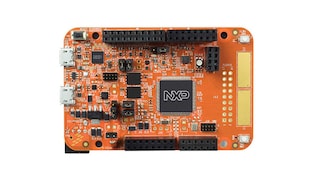
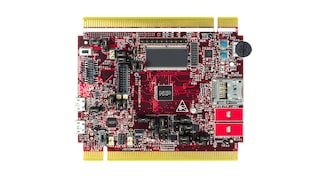

Additional hardware available. View our featured partner solutions.
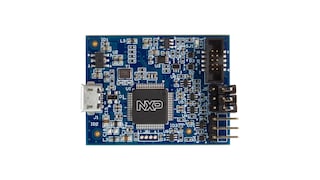
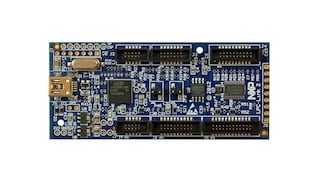


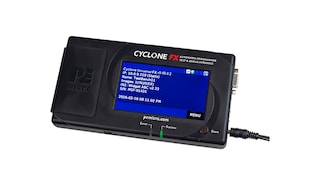
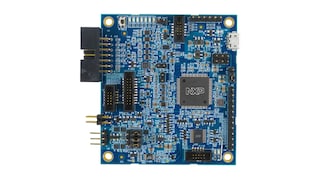

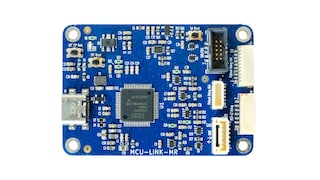
2 hardware offerings
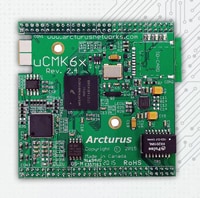

To find additional partner offerings that support this product, visit our Partner Marketplace.
Quick reference to our software types.
1-5 of 11 software files
Additional software available. View our featured partner solutions.
Note: For better experience, software downloads are recommended on desktop.
Please wait while your secure files are loading.
1-5 of 16 software offerings
















To find additional partner offerings that support this product, visit our Partner Marketplace.
1-5 of 15 engineering services



.svg)











There are no results for this selection.
To find additional partner offerings that support this product, visit our Partner Marketplace.
4 trainings
Additional trainings are available. View our featured partner trainings.
4 trainings
To find additional partner offerings that support this product, visit our Partner Marketplace.